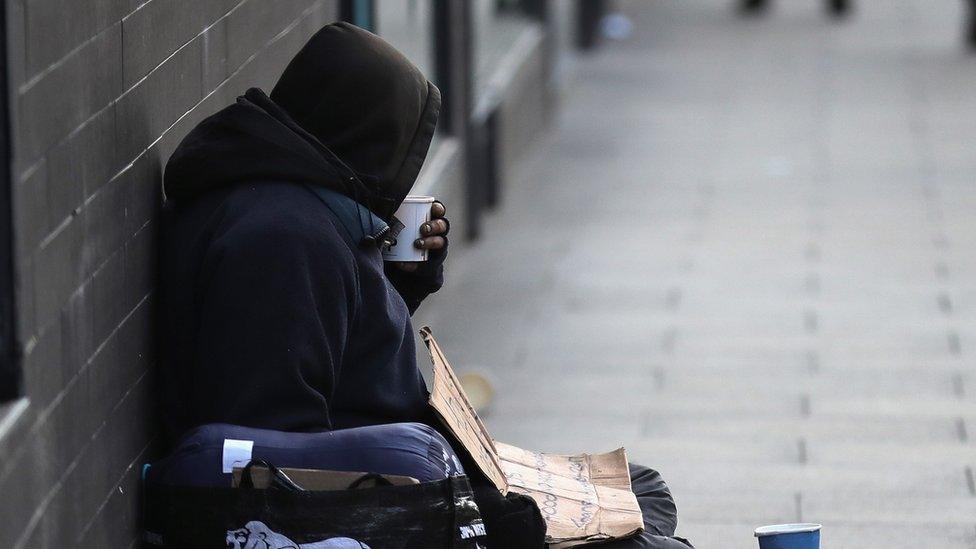Greater Manchester sees drop in number of rough sleepers for second year
- Published
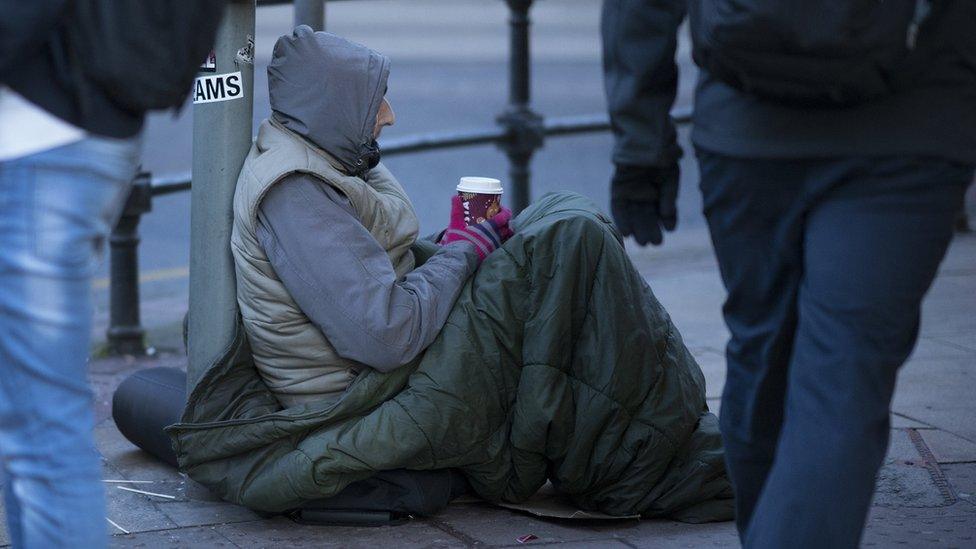
The figures showed Manchester still had the highest number of rough sleepers in the area
The number of people sleeping rough on the streets of Greater Manchester has fallen for the second year in a row.
Greater Manchester Combined Authority (GMCA) found 195 people on the region's streets in September - down from the 241 recorded in November 2018.
Manchester and Salford saw numbers decline, but five of the borough's ten council areas recorded an increase.
Mayor Andy Burnham, who pledged to end rough sleeping by 2020, said "much more needs to be done".
The figures showed that despite a reduction, Manchester still had the highest number of rough sleepers, with 85 people bedding down in the city, while Bury, Oldham, Rochdale, Stockport and Trafford had all recorded an increase.
Bolton, Salford, Tameside and Wigan all saw a decrease in numbers.
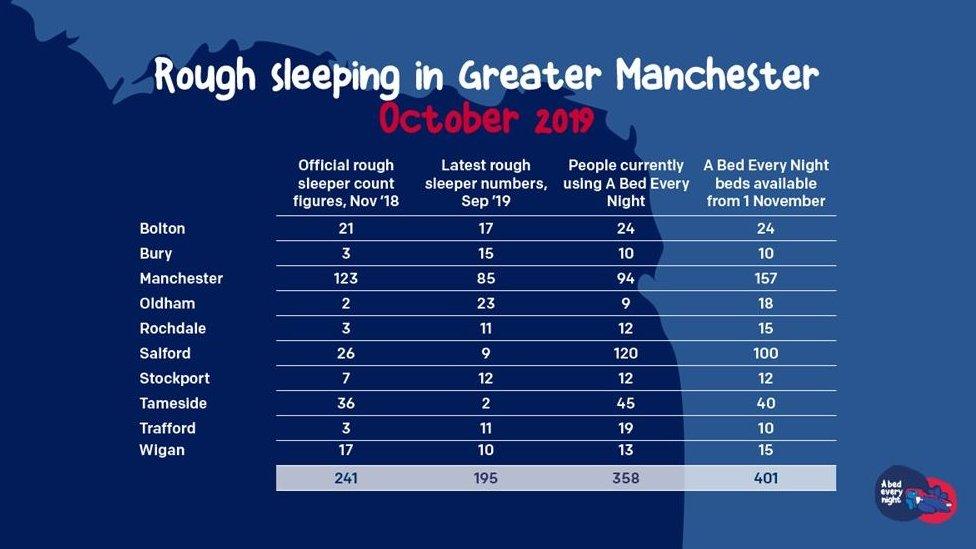
The latest rough sleeping figures
Mr Burnham told the Local Democracy Reporting Service that while fewer people were sleeping rough than when he took up office in 2017, he was "not in any way complacent".
However, he said the figures showed "the commitment of our councils and community organisations is making a real difference", adding those involved with his A Bed Every Night (ABEN) initiative should be thanked for creating "such a strong response to the homelessness crisis".
The scheme, which offers emergency accommodation for rough sleepers, currently offers 358 beds, but a further 43 will be provided from November.
The GMCA said the number was the minimum number of beds available and when the number of people needing accommodation exceeded that figure, local authorities could seek emergency accommodation and utilise other schemes.
A spokesman said since ABEN launched in November 2018, a total of 2,204 people had accessed temporary accommodation, with 817 subsequently being helped into longer term accommodation.
- Published8 May 2019
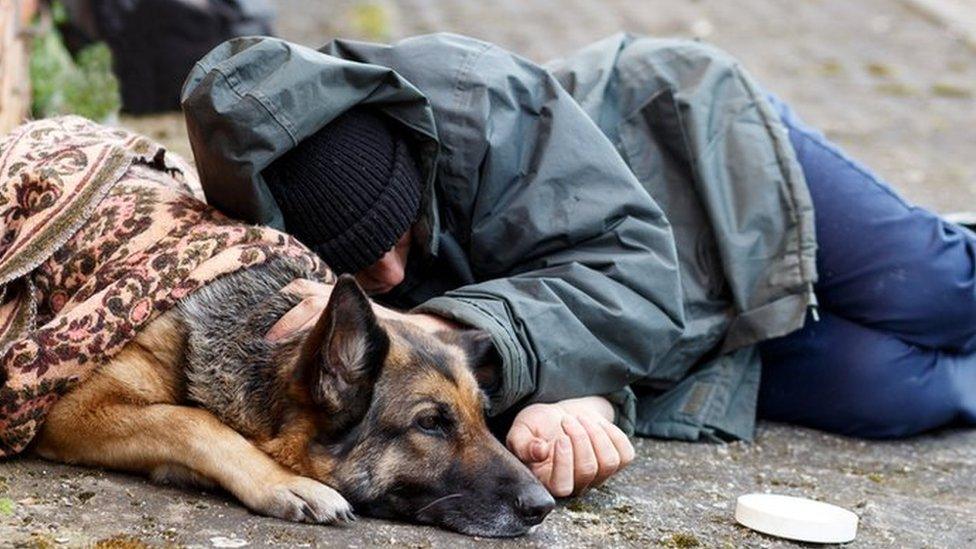
- Published1 November 2018

- Published8 January 2018
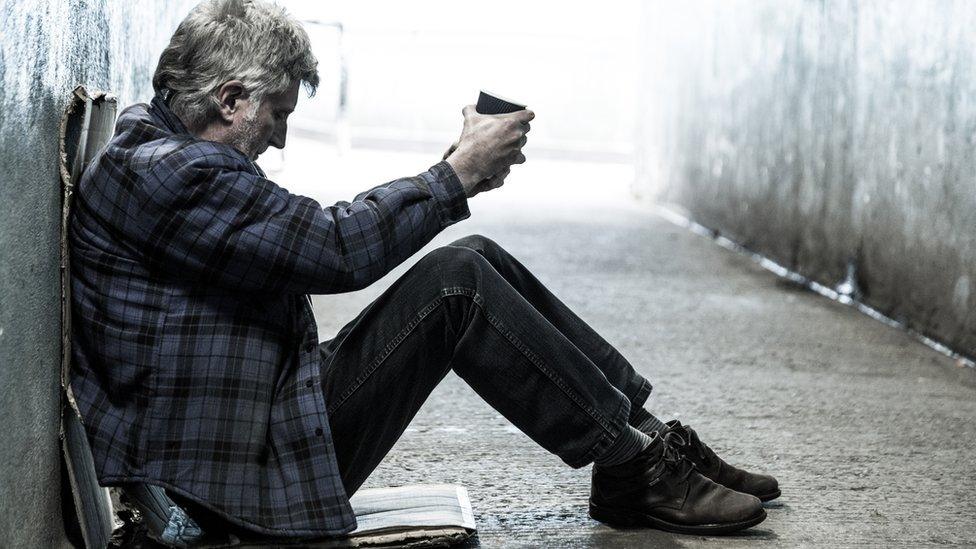
- Published21 November 2017
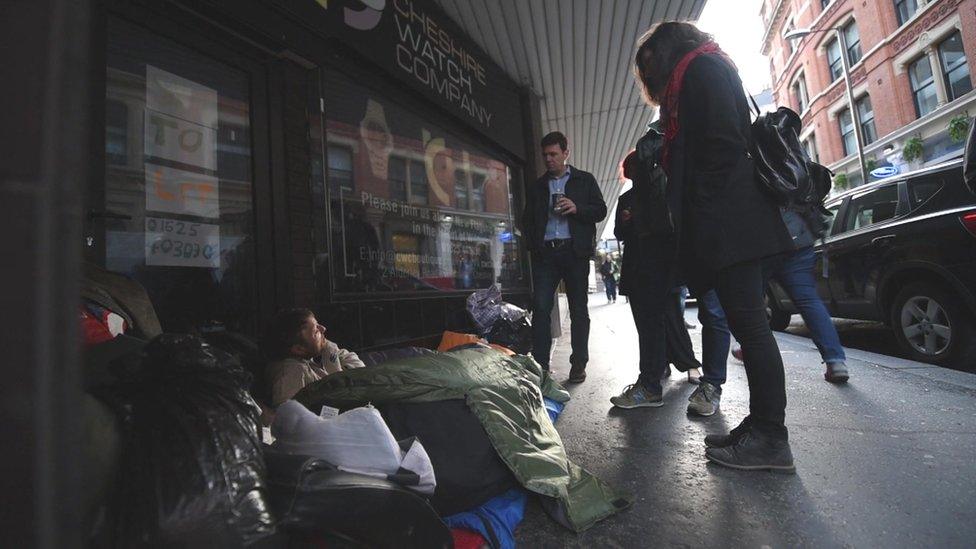
- Published7 October 2017
